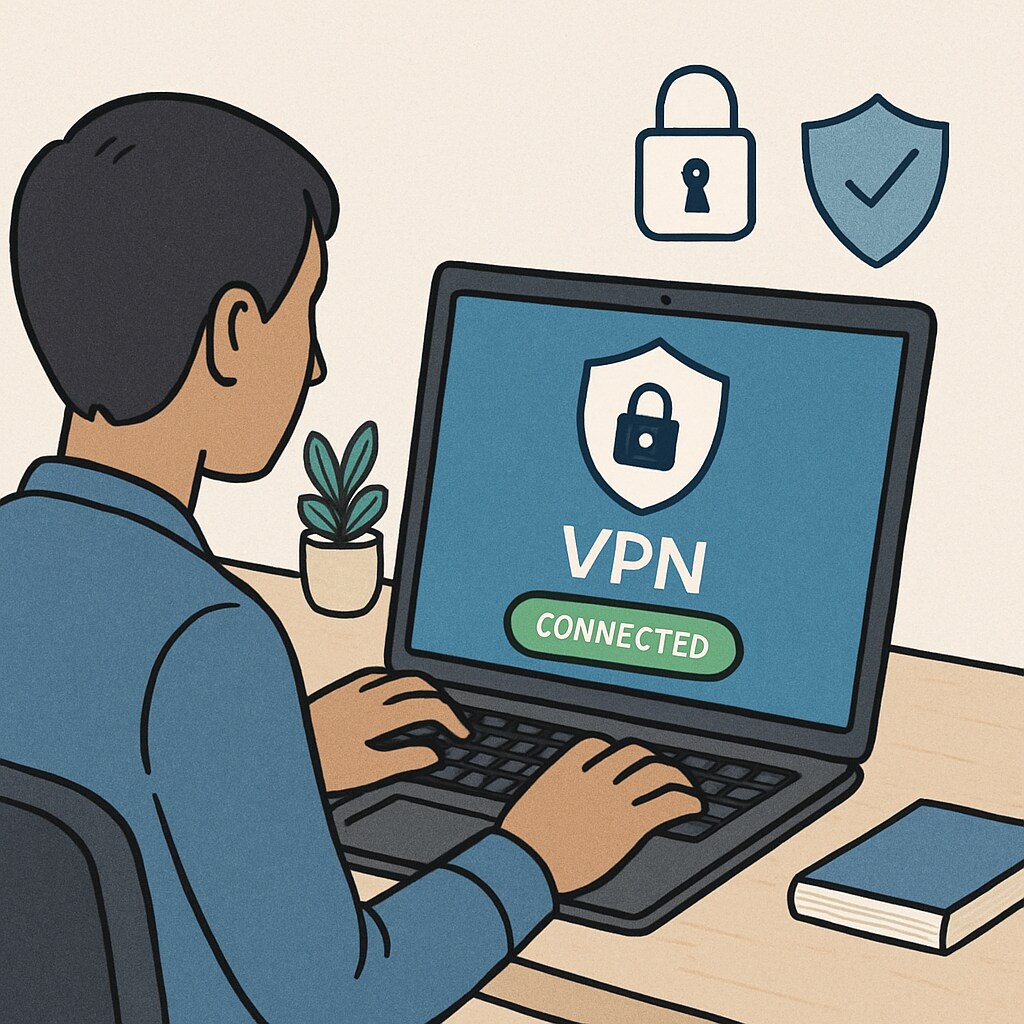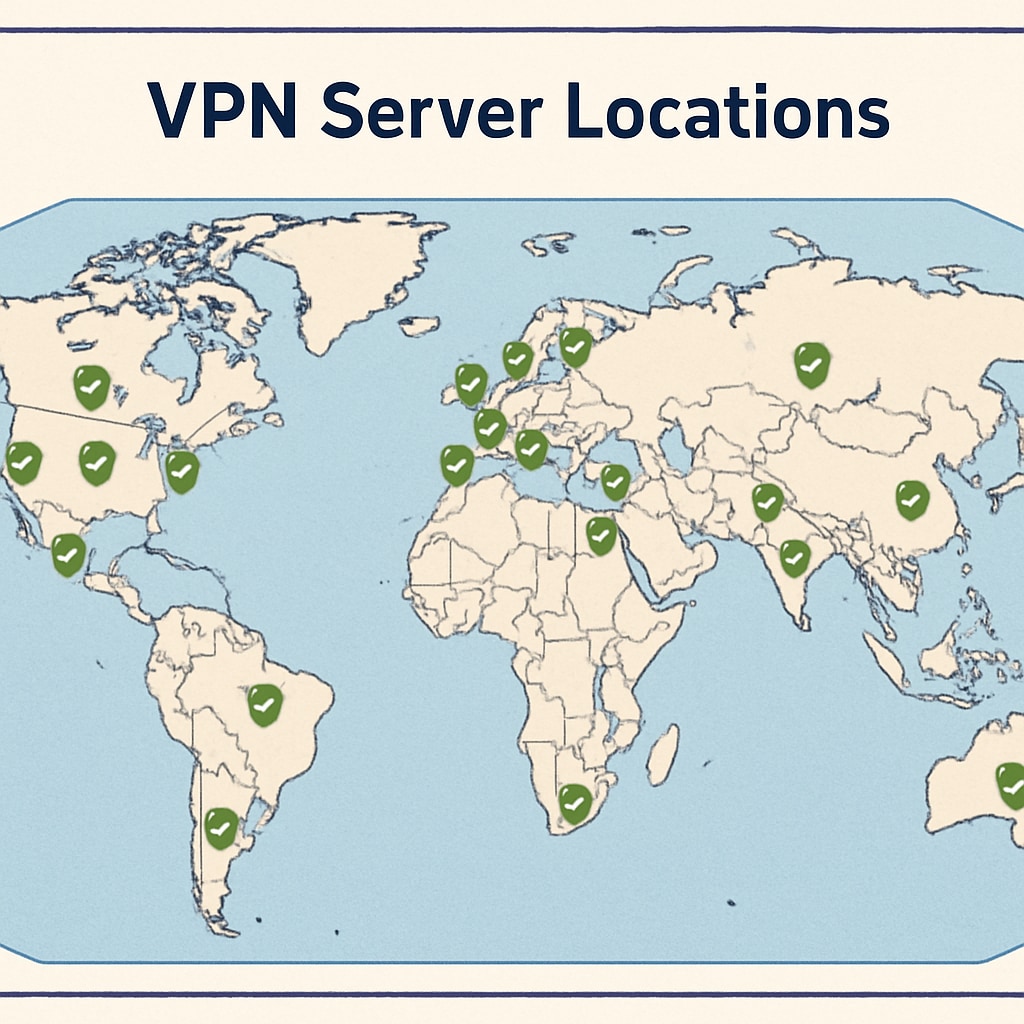The UK’s new age verification law, aimed at ensuring online safety, has inadvertently sparked a surge in VPN (Virtual Private Network) usage among internet users. This law, which requires certain websites to verify users’ ages before granting access, has raised concerns about privacy and accessibility. As a result, many users are turning to VPNs to bypass these restrictions while protecting their online identity.

The Age Verification Law: A Double-Edged Sword
Introduced as part of the UK’s initiative to create a safer online environment, the age verification law mandates that websites hosting adult content verify the age of their users. While the intention is commendable, aiming to shield minors from inappropriate material, the law has been met with criticism for its potential to infringe on user privacy.
Critics argue that the implementation of such measures requires collecting and storing sensitive personal data, which could be vulnerable to breaches. Furthermore, questions have been raised about the effectiveness of the law, as tech-savvy users can easily circumvent these restrictions.
VPNs: The Go-To Tool for Bypassing Restrictions
VPNs have emerged as a popular solution for users looking to maintain their privacy and access restricted content. A VPN masks a user’s IP address by routing their internet traffic through an encrypted server in another location. This not only protects their identity but also allows them to appear as though they are browsing from a different country, effectively bypassing geographic restrictions and regulatory measures.
For example, users in the UK can connect to a server in another country where the age verification law is not applicable, allowing unrestricted access to content. This surge in VPN usage highlights the growing tension between regulatory frameworks and individual privacy rights.

Implications of Increased VPN Usage
The rise in VPN adoption has several implications:
- Privacy Protection: Users are prioritizing tools that shield their data and browsing habits from prying eyes.
- Regulatory Challenges: The widespread use of VPNs undermines the effectiveness of laws like the UK’s age verification mandate.
- Economic Impact: The growing demand for VPN services is fueling a booming industry, with numerous providers competing to offer the best features.
At the same time, the increased reliance on VPNs raises questions about the relationship between security tools and legal compliance. While VPNs are not inherently illegal, their use to bypass government regulations could lead to stricter controls in the future.
The Future of Internet Regulation and Privacy
The UK’s age verification law has shed light on the broader debate surrounding internet regulation and individual freedoms. Governments are increasingly seeking to regulate online spaces to ensure safety, but these efforts often clash with users’ desire for privacy and unrestricted access.
Moving forward, policymakers must strike a delicate balance between these competing interests. Transparency in how data is collected and stored, as well as collaboration with technology providers, could pave the way for more effective and privacy-conscious regulations.
For now, the surge in VPN usage serves as a reminder of the challenges inherent in regulating the digital landscape. As technology continues to evolve, so too will the strategies employed by both regulators and users.
Readability guidance: This article uses short paragraphs and clear headings to enhance readability. Technical terms like VPN are explained upon first mention, and overuse of jargon is avoided. The content is structured to provide a balanced perspective, incorporating both the regulatory intent and user concerns.


